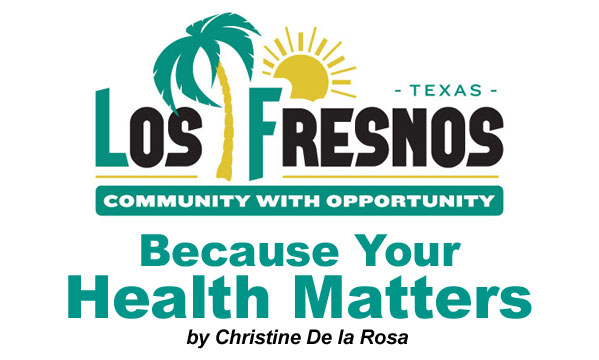- South Texas Students Meet Accordion Music Icons Los Tigres Del Norte In Edinburg Thanks To Khs America/Hohner Alianza Académica Initiative
- Fragile Planet Offers a Nighttime Wildlife Experience
- Falcons Soccer Off & Running
- Cameron County Receives Funds to Improve Two Parks
- Falcons Complete First Half of 32-6A
- School District to Help out Victims of California Wildfires
- Sand Castle Days Continued Despite Unexpected Weather
- Ready for District
- Discussion of Garbage Dumpster Rates, Agreements Between State & City on Highway Regulations, and More
- 31st Annual Shrimp Cook-Off is Right Around the Corner
What is Obesity?
- Updated: April 28, 2017
Obesity is a medical condition in which excess body fat has accumulated throughout the body to the extent that it may have an adverse effect on your health. Health risks include but are not limited to Type 2 Diabetes, Heart Disease, High Blood Pressure, Certain Cancers, Arthritis, Sleep Apnea and Stroke.
How do I know if I’m at Risk?
Using a measurement called a Body Mass Index (BMI) can be a helpful tool to measure your risk of becoming obese. The Body Mass Index is a scale that measures your height and weight to determine your body mass. A BMI of a 19-24 is considered normal and is recommended for optimal health. A BMI of a 25-29 is considered overweight. If your BMI is within this category you are at a higher risk of obesity and should develop lifestyle changes to help decrease your BMI. A BMI of a 30-39 is considered obese. A BMI of 30 or higher increases your risk of severe health complications.
What Can I Do?
Focus on developing healthier habits. Lifestyle modifications such as decreasing the amount of sodas you may be consuming daily is a great place to start. If on average you consume 3 sodas per day consider decreasing that to having only 1 per day. To enjoy something sweet and refreshing without the added calories try replacing sodas with fruit or vegetable infused water. The American Heart Association recommends consuming 5 servings of fruits and vegetables per day to maintain optimal health. Change up your evening routine. Going out for a 15 minute walk after dinner is another idea of a lifestyle modification to improve your health while increasing your physical activity. Create a progressive training plan for yourself, begin with 15 minutes of walking and slowly increasing the length of time to 30 minutes of walking per day. The American Heart Association recommends 150 minutes of physical activity per week to maintain optimal health.
Balanced Lifestyle
Learning to achieve a balance between the amount of calories consumed and the amount of energy output being used on a daily basis will help individuals to achieve and maintain a healthy BMI and lessen the risks of diseases associated with obesity.
Resources: American Heart Association
Attend one of the FREE exercise programs offered by the City of Los Fresnos.
For more information contact Christine De La Rosa at 956-312-1406, email cdelarosa@citylf.us or Los Frensos City Hall at 956-233-5768.


